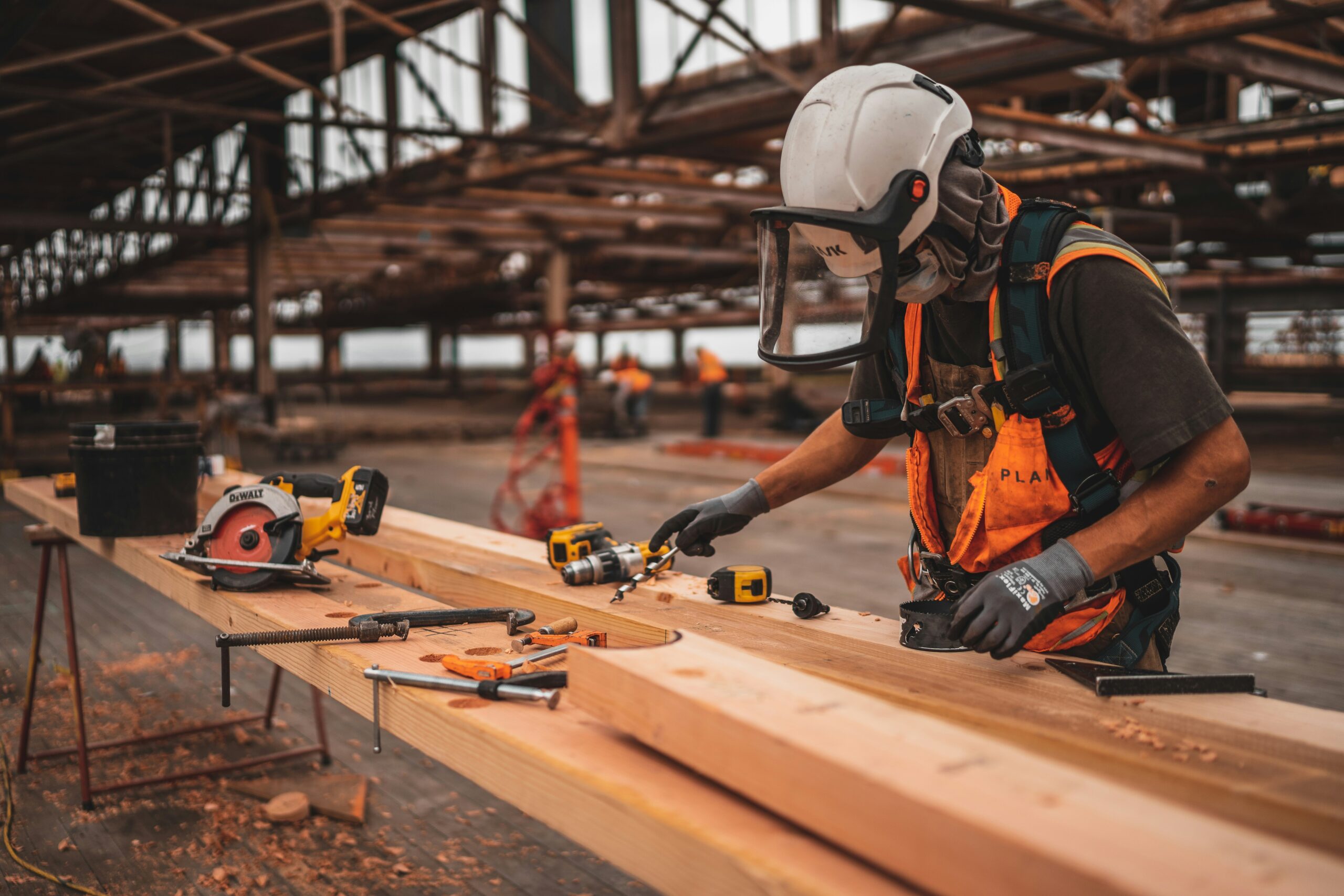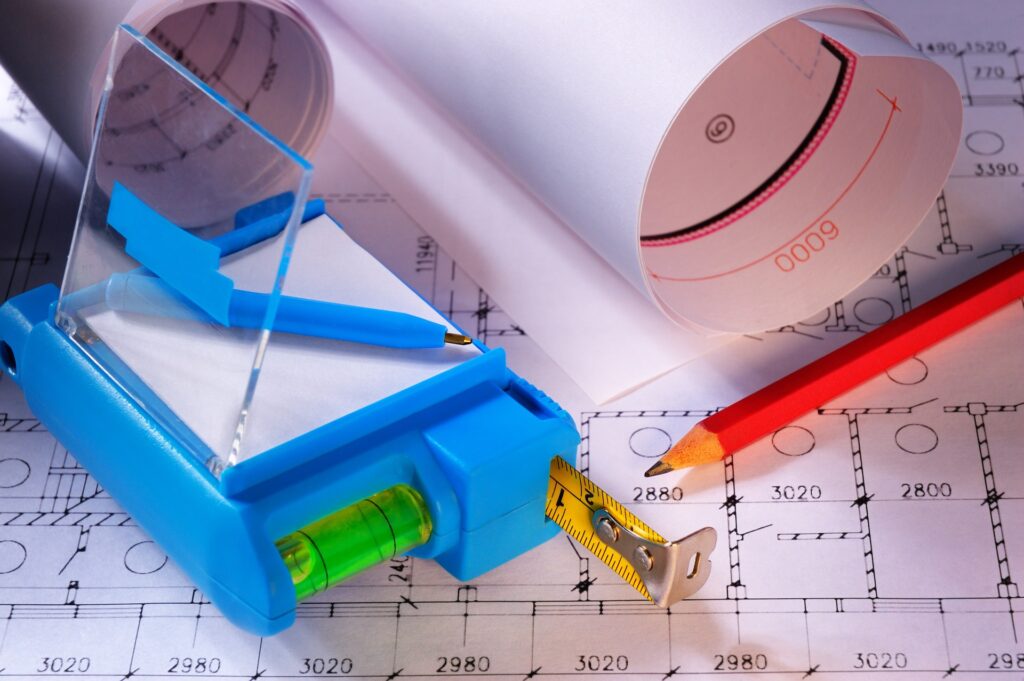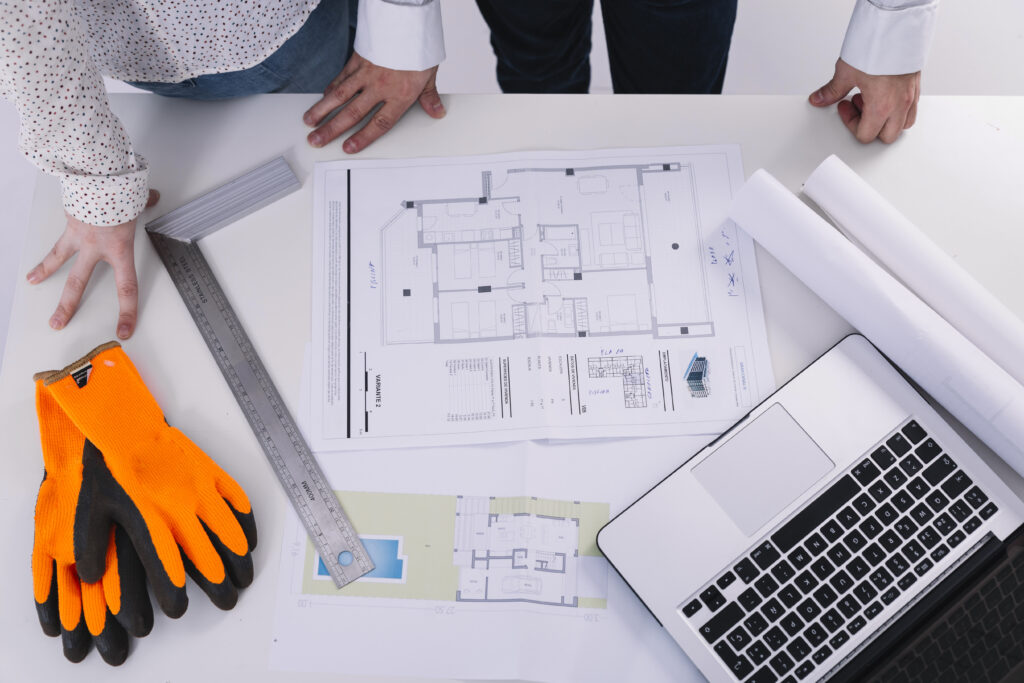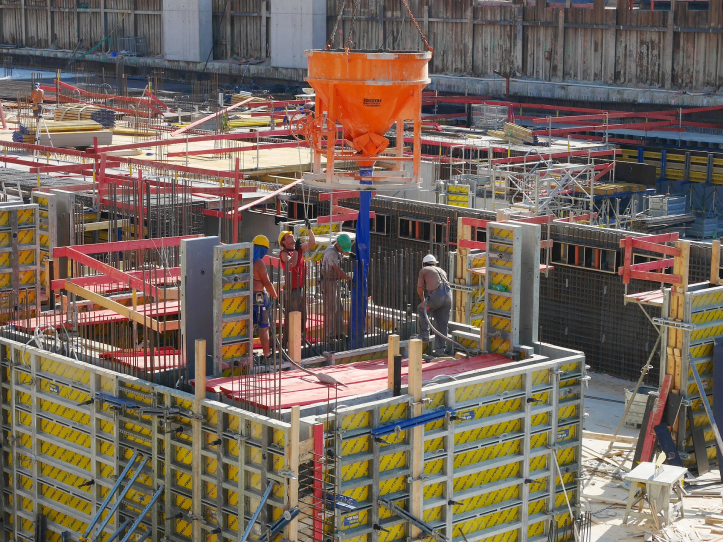Architectural and specialty engineering execution projects
What is an execution project for?
When the architectural projects are ready and licensed, the construction begins and the contractor moves on to the actual construction phase.
At this stage, there can occur some unpleasant surprises. There may be architectural solutions, i.e. constructive details that don't work or aren't feasible in practice.
The execution project specifies all the construction details. With the execution project, the contractor has clearly defined the information needed to carry out the work, what to do, with which materials, and how to do it.
The architectural execution project can complement the licensing project or optimize the initial project, which may be incomplete.













